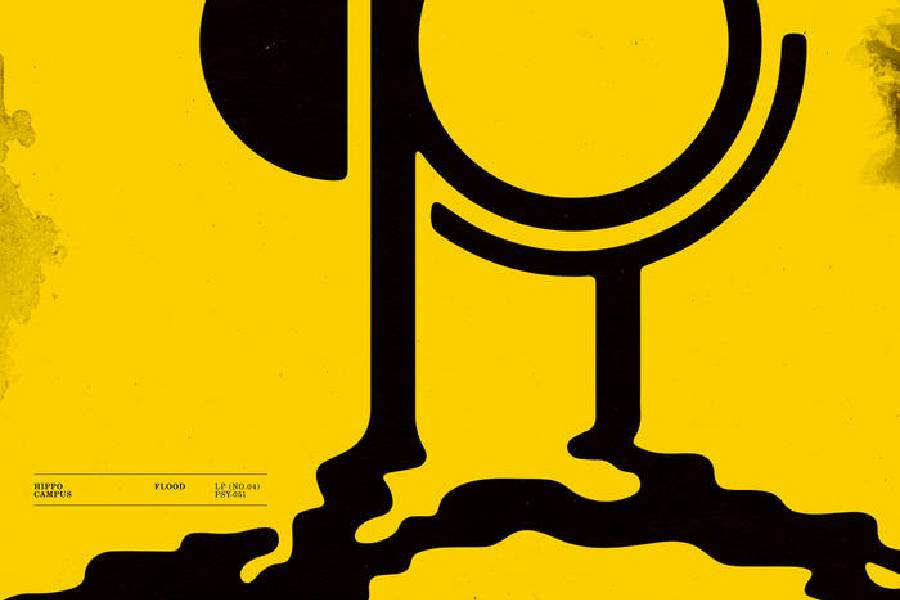4.5 out of 5.0 stars
Tyler, the Creator dropped his most personal album to date Oct. 28. “CHROMAKOPIA” explores themes about Tyler’s struggles with love, sexuality and the idea of fatherhood.
To get a full week of Billboard chart tracking, artists typically release new music on Fridays at midnight, but Tyler chose to release his album on a Monday at 6 a.m. instead. He said he wanted his fans to be able to listen to the album with their full attention. He also made the creative decision to hide his features upon release, so they do not distract fans from listening to the full album.
Tyler is going on a “CHROMAKOPIA” world tour from February to September 2025, with rapper Lil Yachty and alternative hip-hop duo Paris Texas supporting him.
The album opens with “St. Chroma,” which features whispering and stomping noises all throughout the beginning, like a marching army. Vocals from Daniel Caesar toward the end signal hope as he sings “Can you feel the light? Inside? / Can you feel that fire?” — inspiring Tyler’s journey of self-discovery. This introduction sets the tone for the rest of the album as Tyler explores his light by acknowledging his dark past.
Tyler released the album’s third track “Noid” on Oct. 21 as a single with a music video starring actress Ayo Edebiri playing a crazed fan. The song title is a shortened version of the word paranoid, expressing his fears of being watched and harmed as a celebrity through the use of ominous background instrumentals and vocals.
In “Hey Jane,” Tyler tells a story about getting a woman pregnant and making the difficult decision to keep it or not. The name comes from the company “Hey Jane,” which is a feminine medical service that provides reproductive health care and abortion pills. The song is a serious conversation between the woman and himself, but the beat and drums give it a softer, almost jazzy sound. He effectively relays the stress of going through an unplanned pregnancy and the conflicting emotions on how to handle the situation.
Tyler’s cadence switches multiple times in “Tomorrow” as he contemplates having children after seeing his friends start families and getting pressure from his mother to have grandchildren. His transition from singing in the beginning to rapping toward the middle of the song sounds transcendent when combined with the guitar instrumentals and soft echoes in the background.
“Like Him” is one of the most personal songs on the album as Tyler asks his mother questions about his father who wasn’t around in his childhood. The piano beat and soft singing are intensified by the guitar, synths and background vocals from Lola Young, who adds to Tyler’s sadness as he asks his mother “Do I look like him?” It is revealed by his mother at the end of the song that she is the reason his father could not be in his life. This song is emotional and becomes more hard-hitting with every relisten, because of the realization that Tyler’s mother is the reason for much of his trauma and personal issues discussed earlier in the album.
The album closes with “I Hope You Find Your Way Home” in which he concludes he is not ready to have children yet. The song ends positively as Tyler talks about his pride in himself and his achievements. Listening to “CHROMAKOPIA” is like reading Tyler’s diary, where his past experiences are coming to light as he takes his fans on an introspective journey. While this album deals with serious personal issues for the most part, there are two songs that are drastically different sonically compared to the rest, “Judge Judy” and “Sticky.” “Judge Judy” has a catchy tune and melody that is a pleasant break from the seriousness of the rest of the album. “Sticky” sticks out in the album like a sore thumb in the best way possible, with features like GloRilla, Sexyy Red and Lil Wayne who make this song perfect for fans of more energetic rap songs. This album differs from his past projects due to the in-depth content about his struggles and the softer synth beats with jazzy instrumentals.




















